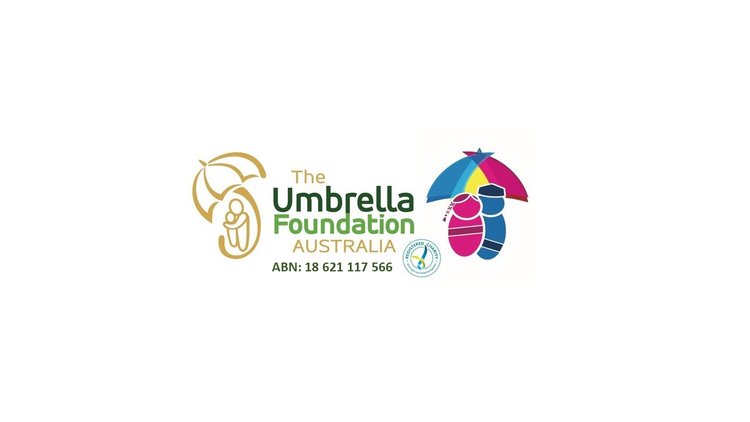Kathmandu Transit Homes
About Our Homes
Umbrella is a very close-knit community with a great big family feel to it. We currently have 28 children in our Transit homes in the suburb of Swayambu, Kathamandu. There are 2 homes - 1 girls' and 1 boys' - housing 14 each. They are within 5 minute's walk of each other and together create a little Umbrella village!
The houses are:
Annapurna Home to 11 boys aged 15-18
Gauri Shankar Home to 40 girls aged 12-17
We try to create a family atmosphere in the homes and all the children consider the other Umbrella kids their brothers and sisters. As the children get older, they are encouraged to take on more responsibility and many become house captains and join the Youth Chautari (Youth Group).
Each home has a number of long-term Nepali staff including:
- House parents (a married couple with children of their own) who look after the running of the home, discipline and day-to-day affairs;
- Didis (female helpers) who cook and clean in the home (however the children are encouraged to assist in normal household duties so they will grow up to be responsible, self-reliant adults);
- A tutor (a live-in college student) who acts as a mentor in the house. They help the children with their homework, studies, exam preparation and serve as role models. The tutors themselves often come from underprivileged backgrounds, and so Umbrella provides them with accommodation, food, college fees and an allowance in exchange for their work with the children.
There is a simple routine in every house. At 6 am, the children wake up, take tea and begin morning studies. At 8 am, they eat dal bhat (a meal of rice, lentil sauce and curried vegetables) for breakfast. At 9 am, they walk to school and are at classes from 10 am to 4 pm. After school, the children return home, they have time to change out of their uniforms and relax. At 5.30 pm, they eat dal bhat for dinner. Afterwards they relax, play, watch some TV or take part in an activity with their house volunteer. At 6.30 pm, they their homework and continue with evening studies. At 9 pm, it is time for bed.
The children learn to cook, clean and look after themselves. Sunita is preparing vegetables for tasty dal bhat!
Why have Transit Homes?
The majority of Umbrella children come from rural backgrounds. The ten-year civil war left many orphaned and families in impoverished conditions as their livelihoods were lost. They were forced from their villages out of fear of the fighting or forced conscription, fleeing to Kathmandu and often ending up in corrupt homes. Parents in isolated rural villages were easy prey for child traffickers who promised that their children would get a good education in a private school and have a better life. In reality, they were dumped in unregistered 'orphanages' where the children were malnourished, not attending school, forced into domestic servitude, neglected and often abused. Umbrella rescued them with a view to providing them with safety, health and happiness in a nurturing environment.
Healthcare
When the children were initially rescued and brought to our homes, they were in very poor condition - malnourished, dehydrated, suffering from skin infections and various ailment. Some were even suffering from more dangerous diseases including tapeworm, kidney problems, hepatitis, and HIV. Umbrella has a health clinic (Paraplu) and employs a health assistant and doctor-on-call to give the children the medical attention they need.
Psychological and Social Care
Coming from such difficult backgrounds, many develop social, emotional and behavioural problems and struggle with attachment and abandonment issues. This all comes as a result of the isolation felt in being separated from their family and the trauma experienced during their time in abusive 'orphanages'. We have a Child Protection Team, including trained counsellors, who meet with the children regularly in our dedicated counselling office (Paraplu) to discuss any problems and provided advice. At Umbrella, we do our utmost to repair the wounds, rebuild the broken bonds and reintegrate the children with their families in their home communities where feasible.
Education
Education is a high priority in Umbrella and we ensure that the children in our care receive the best possible schooling and in-house support we can provide.
Child traffickers prey on vulnerable rural families, promising 'the best education in Kathmandu'. We dispel the illusion that quality education can only be found in the capital by sending them to government schools similar to those available in their home districts. By offering the same opportunities their parents can provide, we encourage more families to take back their children.
Education does not end when school is finished. Our Next Steps Youth & Education Programme (NSYEP) provides them with the personal skills and further qualifications to become employable and responsible Nepali citizens.
The Umbrella Foundation Australia is committed to supporting the ongoing Childcare home programs of Umbrella Nepal
